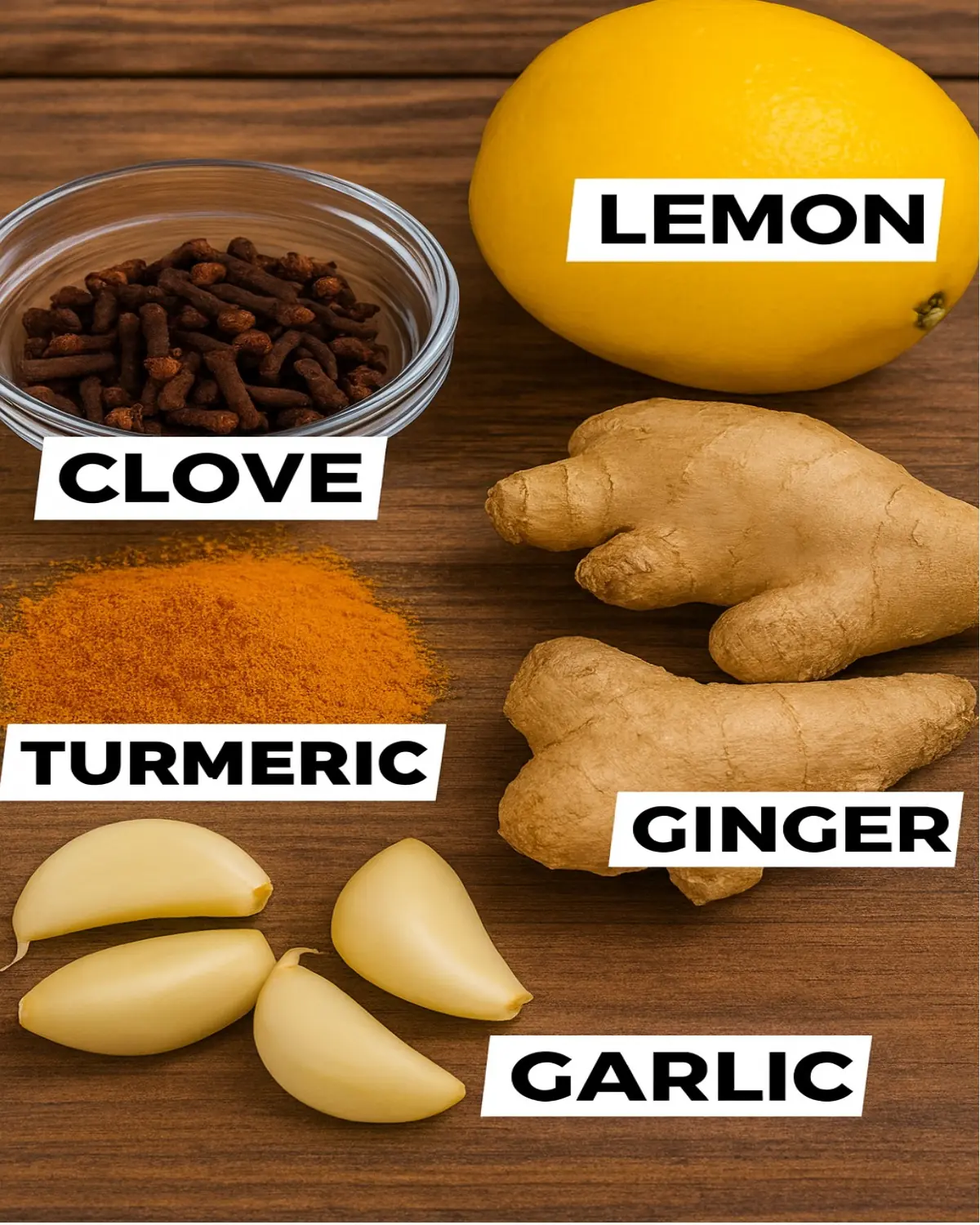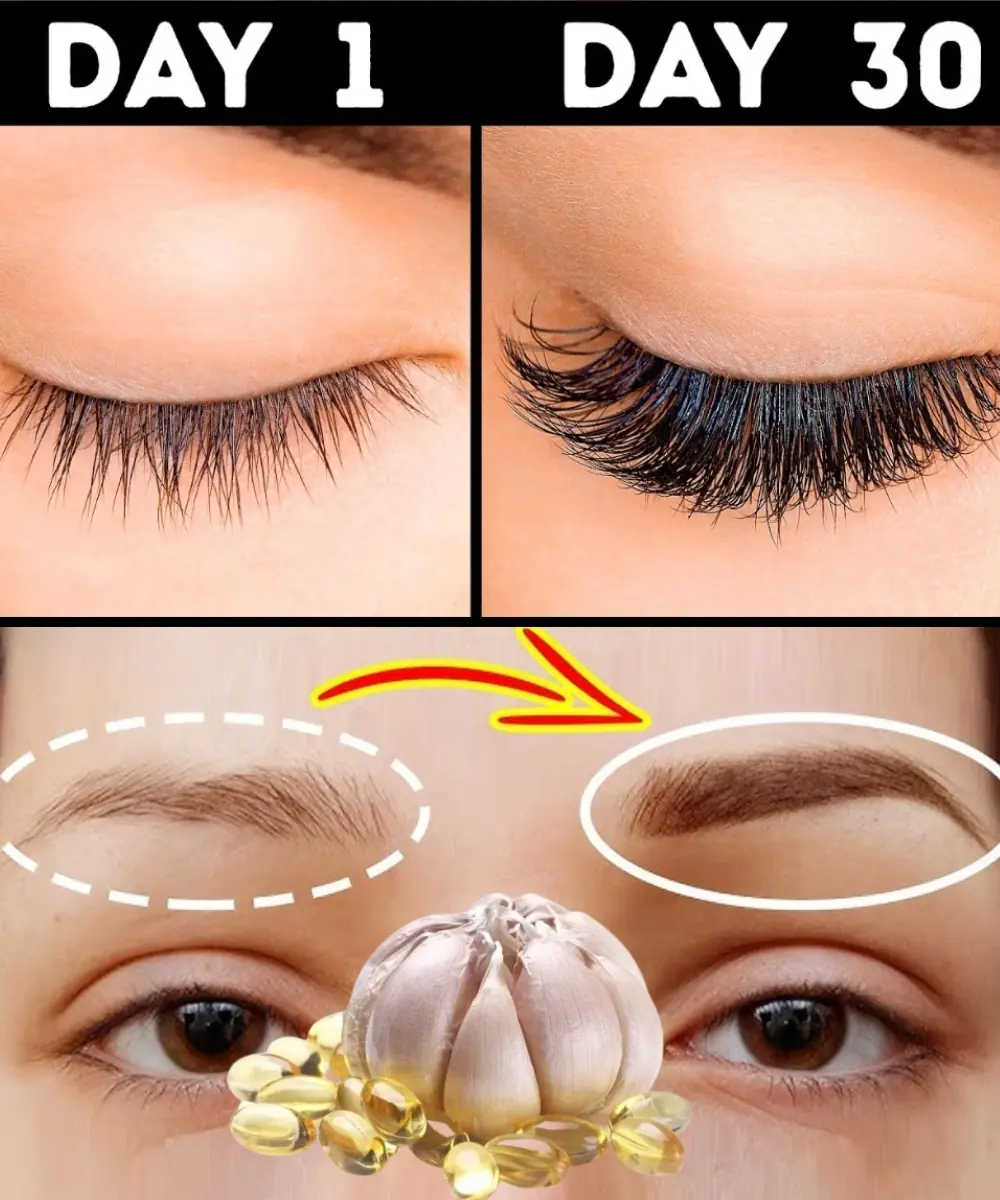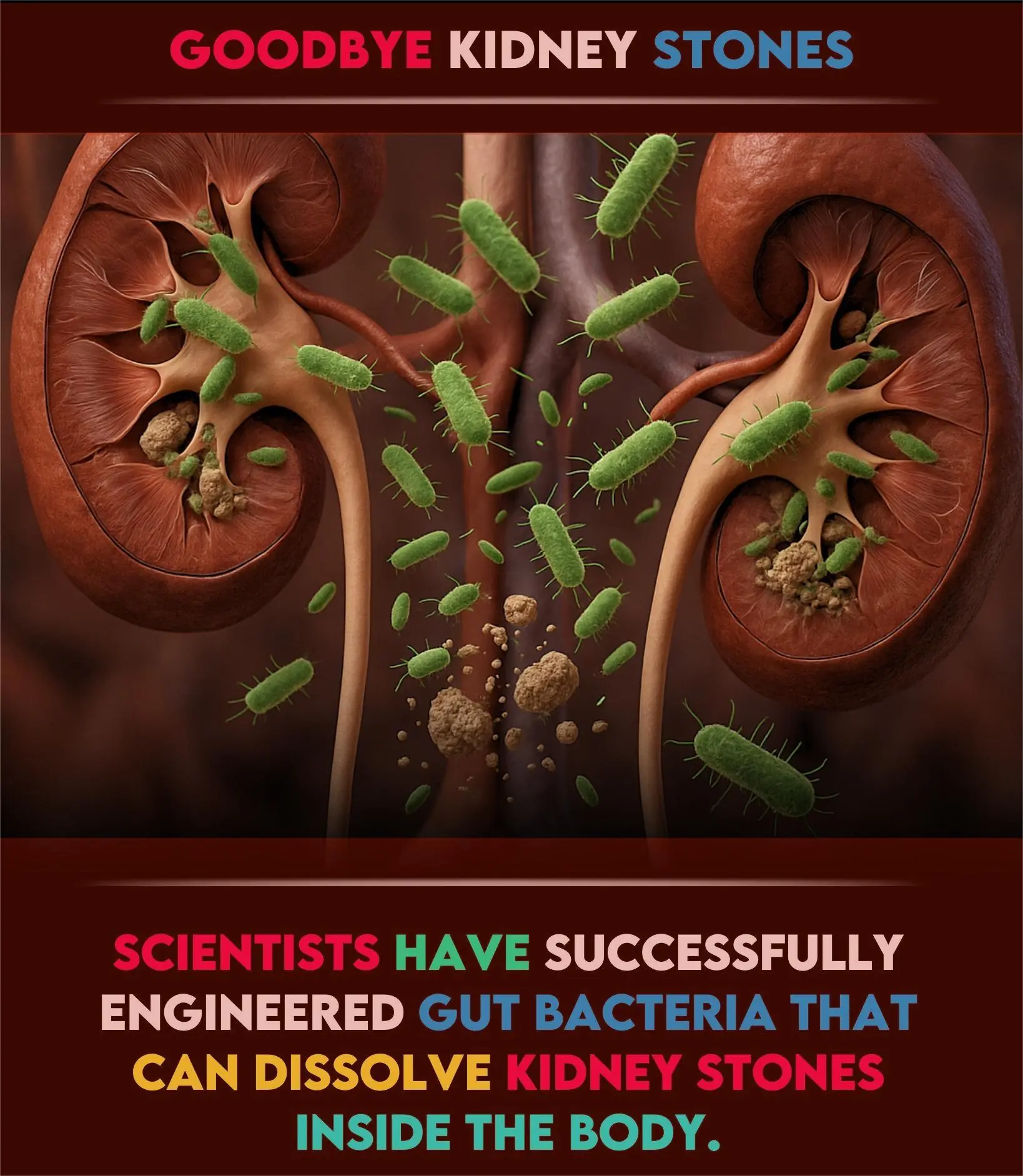
Engineered Gut Bacteria Show Promise in Preventing Kidney Stones
Scientists have taken a major step forward in tackling one of the world’s most painful and persistent health problems: kidney stones. Recent studies suggest that genetically engineered gut bacteria could help reduce the risk of stone formation by breaking down oxalate, a key compound involved in the development of these mineral deposits.
A New Microbial Approach
The research centers on Phocaeicola vulgatus, a naturally occurring gut bacterium that has been genetically modified to metabolize oxalate — a substance found in many foods that can crystallize inside the kidneys. In high concentrations, oxalate contributes to the formation of calcium oxalate stones, the most common type of kidney stone.
To make the therapy controllable, scientists also engineered the bacteria to rely on porphyran, a carbohydrate derived from seaweed. By adding or removing porphyran from a patient’s diet, doctors could in theory regulate the presence of these bacteria in the gut.
Early Results From Trials
In laboratory and animal studies, the modified bacteria significantly reduced oxalate levels in urine. Early-stage human trials have shown encouraging signs: participants who consumed the engineered bacteria, alongside porphyran, demonstrated reduced oxalate excretion without major safety concerns.
However, the results were mixed. In some patients with hyperoxaluria — a condition where oxalate levels are abnormally high — the bacteria did not perform as effectively. Researchers also found that in a few cases, the microbes adapted in ways that allowed them to survive even without porphyran, raising long-term safety and control questions.
Not a Cure—Yet
While social media posts have claimed that these bacteria can “dissolve kidney stones inside the body,” scientists caution that this is misleading. The therapy has not been shown to break down existing stones. Instead, its main potential lies in prevention and risk reduction, by lowering the levels of oxalate before stones form.
For patients who already have large, painful stones, traditional treatments such as surgery, lithotripsy, or medication remain the standard of care.
A Step Toward the Future
Despite the limitations, experts believe the research marks an important milestone in microbiome-based therapies. If proven safe and effective through larger clinical trials, engineered bacteria could one day become part of preventive care for people prone to recurrent kidney stones.
Dr. Joe Hollins, a veterinarian who has worked with long-lived animals like Jonathan the tortoise, once remarked on the importance of diet and environment in longevity. Similarly, this bacterial innovation underscores how rebalancing our inner ecosystems could reshape human health.
The Bigger Picture
Kidney stones affect an estimated 1 in 10 people worldwide during their lifetime, with recurrence rates as high as 50%. A treatment that reduces the risk of stone formation without invasive procedures could significantly improve quality of life for millions.
For now, the message is one of cautious optimism. Scientists are closer than ever to turning the gut microbiome into a tool against kidney stones, but more evidence is needed before the therapy becomes a clinical reality.
News in the same category


10 Innocent-Looking Household Items That Can Cause Cancer (Backed by Science)

Research Suggests Your Body Knows When Death Is Near — And It Begins With the Nose

How to Identify Benign and Malignant Lymph Nodes

8 Surprisingly Easy Ways to Prevent Cavities

Mouth Cancer: Symptoms, Causes, Stages, and Treatment

Do You Know What These Signs on Your Feet Mean?

2 Cloves a Day Trigger Irreversible Changes in Your Body — Especially After 40

What Really Happens When You Drink Cold Water Right After a Meal?

A 5-Year-Old Girl Diagnosed With Late-Stage Cancer After Repeatedly Eating One Breakfast Food

6 Foot Symptoms That May Warn of a Heart Attack Weeks in Advance

Exercise: A Powerful Ally Against Cancer and Early Death

Breakthrough Cancer Vaccine Shows Remarkable Promise in Clinical Trials

The Power of Two Boiled Eggs: Health Benefits for Your Body

Why Gel Nail Polish Is Banned In Europe Starting Today – But Not In US

🍎 Apple Cider Vinegar Foot Soak: Benefits, Risks & What Science Says

Beets and Kidney Health: A Natural Tip for Later Years

11 Signs Your Body Is Giving You Important Alerts

A Boy’s Hand Shows Strange Signs After Playing in the Sand
News Post

🍪 Cookies & Cream Ice Cream Sandwiches

🍮 Caramel Cheesecake Bars

🍫 Mocha Chocolate Layer Cake with Caramel Drizzle

Bob the Golden Retriever: The Dog Who Found Family in Eight Birds and a Hamster

Are Cell Towers Harming Our Trees? The Hidden Cost of Wireless Technology

🍫 Chocolate Cream Layer Cake Recipe

First Direct Image of a Sun-Like Star Hosting Multiple Exoplanets Captured

Jonathan the Tortoise: The World’s Oldest Living Land Animal

Elon Musk officially loses title as world’s richest person

Save Money with This Onion-Guava Hair Trick

Over 60?: Eat THIS Seed to Protect Your Eyes & Retina Naturally

Ginger: Your Skin’s Secret Weapon Against Aging

At 65, I Lost My Vision, But This Drink Brought BETTER VISION Back! I Drink It Once A Day!

12 Reasons Every Woman Should Drink This Powerful Tea Every Day: A 5-Ingredient Combo to Boost Your Health and Vitality

How to Grow Thicker Eyebrows and Longer Eyelashes Naturally with Garlic and Vitamin E

Heart surgeon shares four daily habits to avoid for better health

Chilling messages Charlie Kirk’s alleged killer sent to friends following assassination

Canelo vs Crawford: Terence 'Bud' Crawford makes history with victory over Canelo Alvarez

